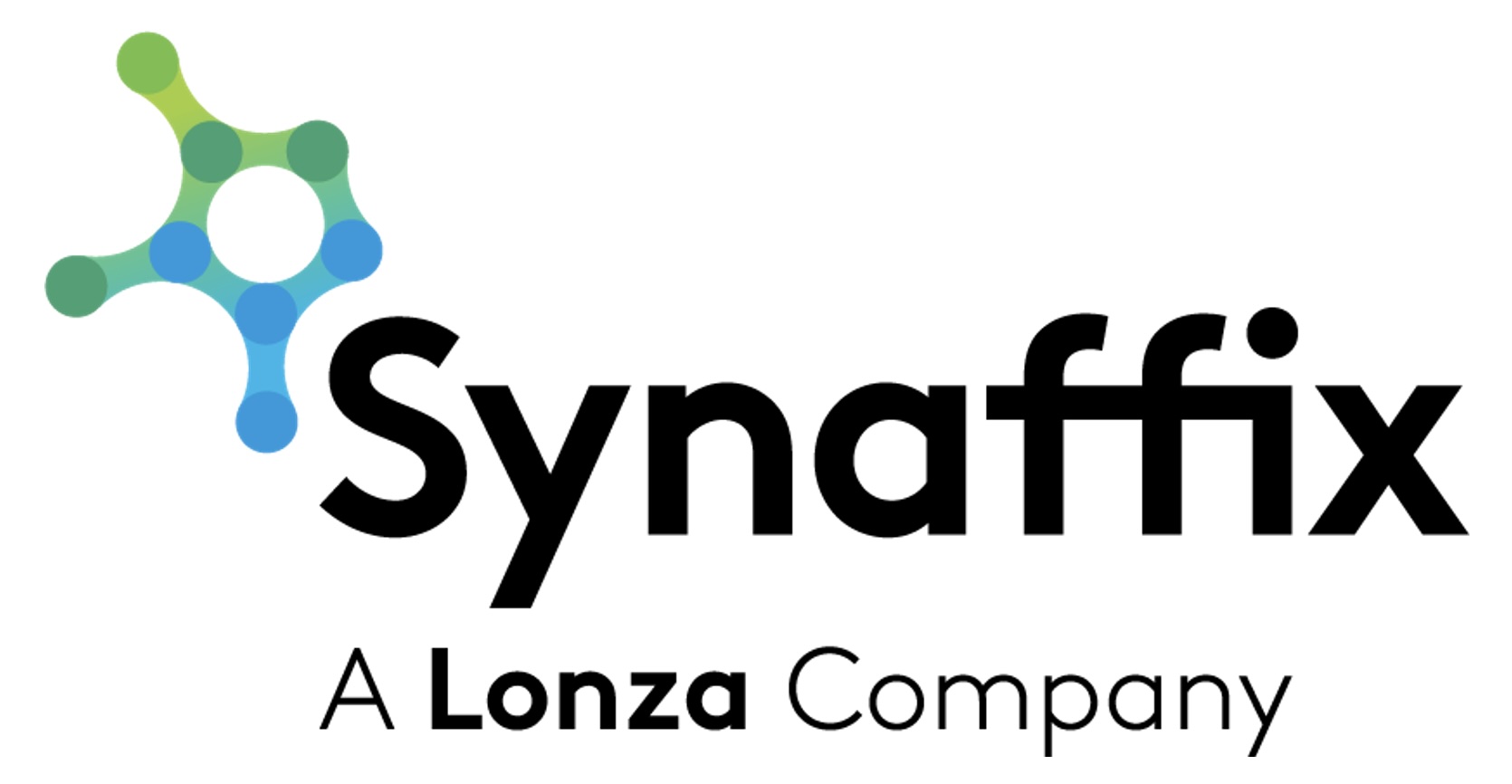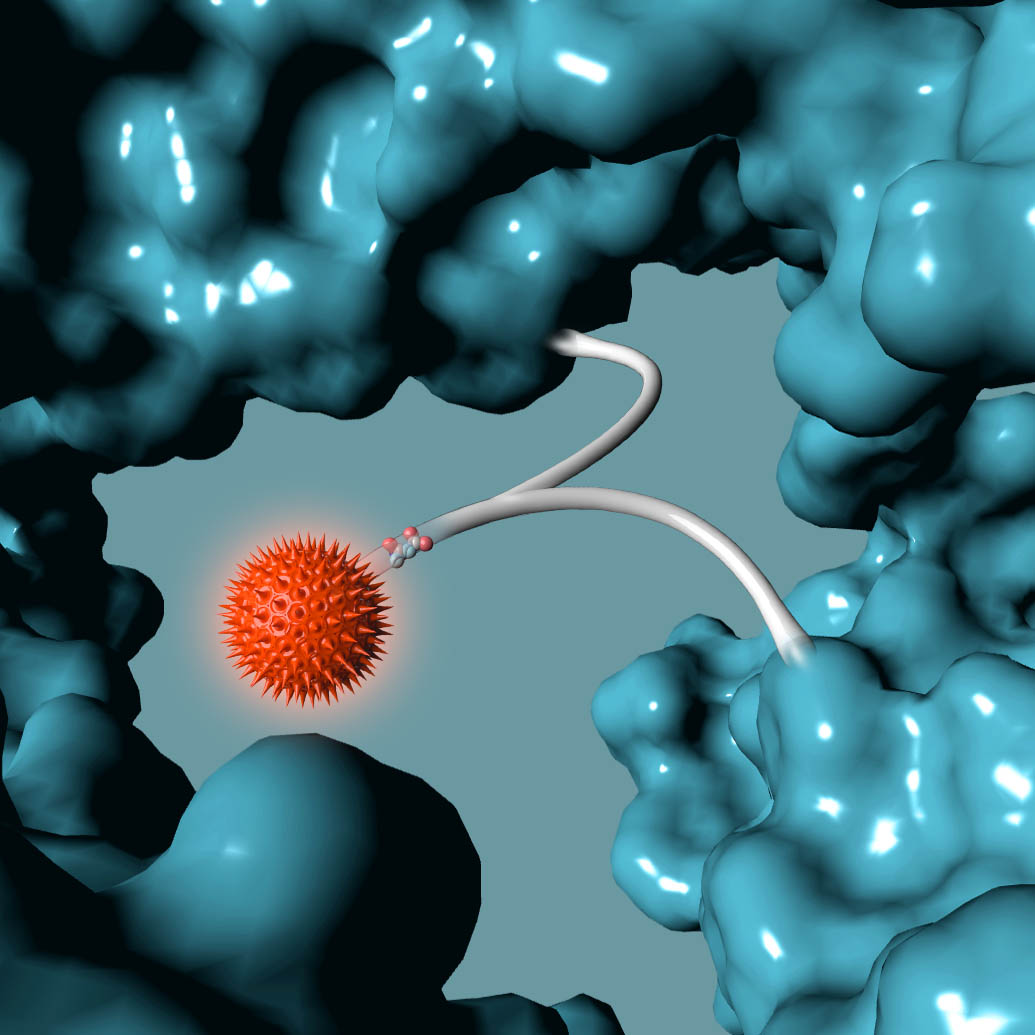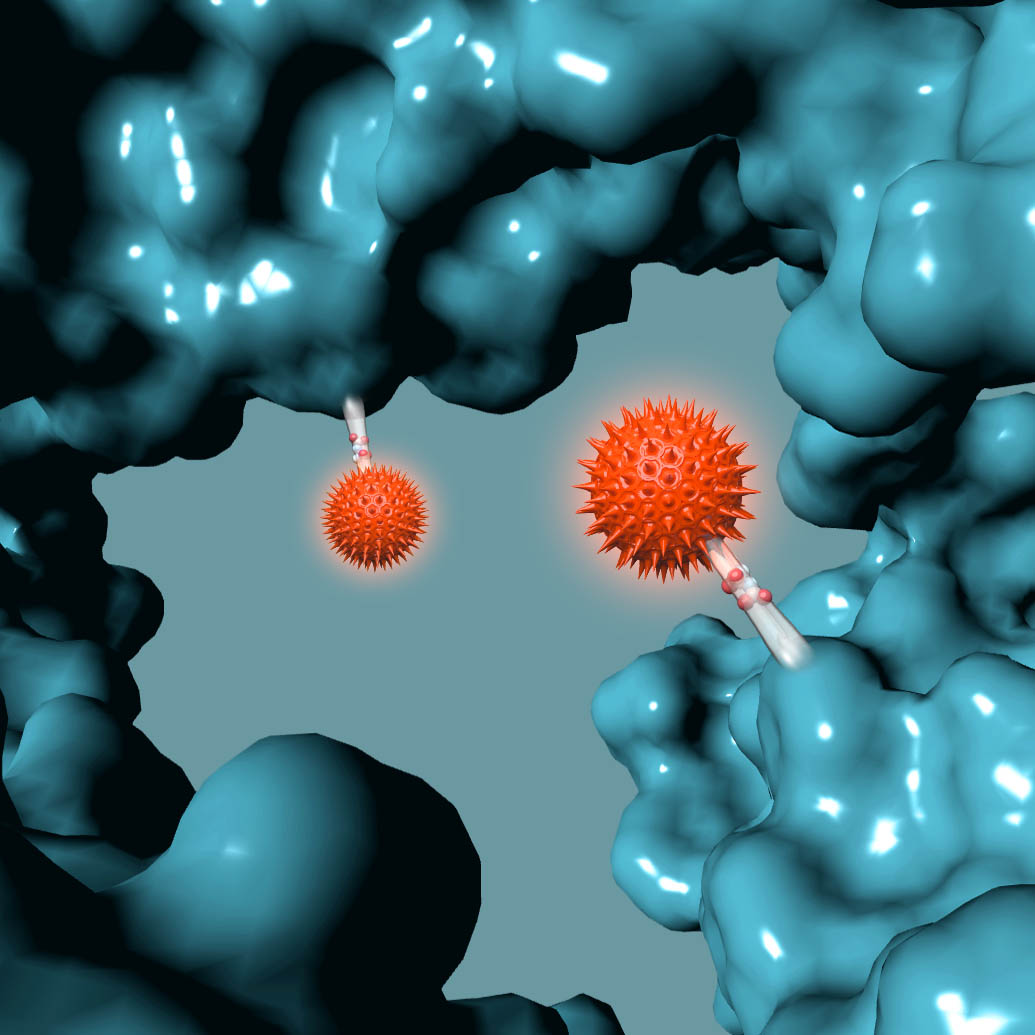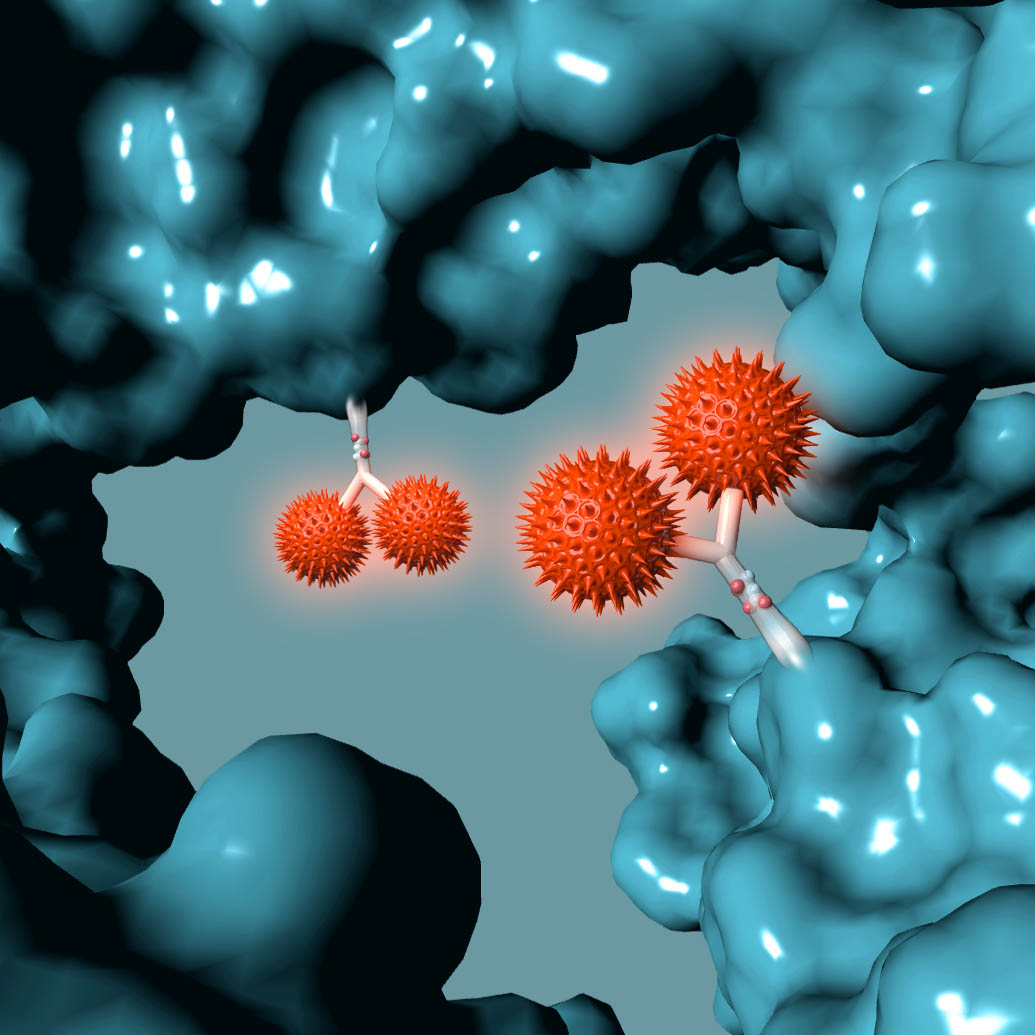A robust, generally applicable, nongenetic technology is presented to convert monoclonal antibodies into stable and homogeneous ADCs. Starting from a native (nonengineered) mAb, a chemoenzymatic protocol allows for the highly controlled attachment of any given payload to the N-glycan residing at asparagine-297, based on a two-stage process: first, enzymatic remodeling (trimming and tagging with azide), followed by ligation of the payload based on copper-free click chemistry. The technology, termed GlycoConnect, is applicable to any IgG isotype irrespective of glycosylation profile. Application to trastuzumab and maytansine, both components of the marketed ADC Kadcyla, demonstrate a favorable in vitro and in vivo efficacy for GlycoConnect ADC. Moreover, the superiority of the native glycan as attachment site was demonstrated by in vivo comparison to a range of trastuzumab-based glycosylation mutants. A side-by-side comparison of the copper-free click probes bicyclononyne (BCN) and a dibenzoannulated cyclooctyne (DBCO) showed a surprising difference in conjugation efficiency in favor of BCN, which could be even further enhanced by introduction of electron-withdrawing fluoride substitutions onto the azide. The resulting mAb-conjugates were in all cases found to be highly stable, which in combination with the demonstrated efficacy warrants ADCs with a superior therapeutic index.
